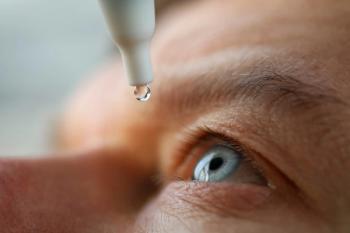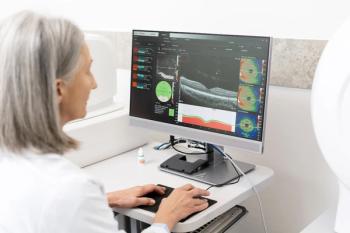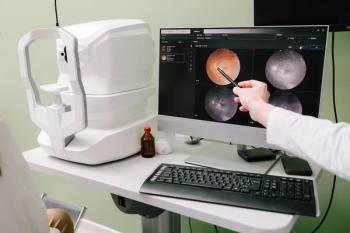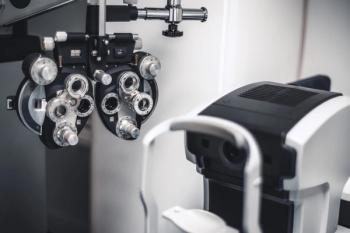
Global survey reveals health care provider, patient confidence in AI and medical technology
The survey results included 11,412 patients in the general population and 964 health care providers.
A recent global survey commissioned by Johnson & Johnson found that a large majority of both patients (89%) and health care providers (97%) believe that addressing the needs of the aging population is a critical issue, with high rates of confidence in artificial intelligence (AI) integration reported among health care providers (94%).1 The survey also found that a majority of health care providers (72%) believe that data and technology will significantly help reduce provider burnout, according to a news release.
“As the aging population continues to grow, health care systems around the world face increasing pressure to provide high-quality care for individuals with complex needs,” said Peter Schulam, MD, PhD, chief scientific officer for Johnson & Johnson MedTech, in the release. “With the power of AI, data science and advanced technology we’re making enormous strides at Johnson & Johnson to provide health care practitioners with the innovative solutions they need to improve personalized patient care and reduce burnout. The results from surveys like these reinforce that we are on the right path, and we are excited to continue driving innovation forward for future generations of patients and health care professionals.”
Morning Consult conducted the online survey on behalf of Johnson & Johnson between August 8, 2024 and September 9, 2024. The survey results included 11,412 patients in the general population and 964 health care providers, including a variety of general surgeons, vision surgeons, orthopedic specialists, and cardiology specialists. The survey included participants in 11 countries, including Brazil, Chile, Colombia, France, Germany, Italy, Japan, Mexico, South Korea, the UK, and the US. Results from the full survey have a margin of error of +/-3% for Gen Pop and between +/-8-10% for HCPs.1
The survey also reported that 98% of providers agree that medical technology innovations will help identify disease in its earliest stage. Ninety percent of providers also believe that innovations, particularly robotics, will improve patient outcomes. A majority (72%) of patients believe that medical technology innovations will enhance care for the aging population, with 90% of providers recognizing the need to address specific requirements for older patients. The large majority (94%) of health care providers also reported that they would feel more enthusiastic about the future of health care if new technologies produced data that streamlined medical and surgical training.1
Additionally, nearly 75% of patients are excited about the role AI has in health care, with over 75% of patients expressing a willingness to share personal health data to facilitate personalized treatment plans.1
“As a surgeon, I’ve seen firsthand how advancements in medical technology have transformed the way we care for patients, especially as our population ages,” said Kevin Perry, MD, orthopedic surgeon at Mayo Clinic, in the release. “These innovations not only enhance the quality of care but also allow us to address the unique challenges that come with an aging population, such as joint replacements and more complex procedures. At the same time, I recognize the immense value of integrating technology into our daily practice to help reduce burnout among my peers by improving efficiency, allowing us to focus on what truly matters – patient care. By continuing to embrace robotics and the power of data and technology, we can build a more sustainable healthcare system that meets the needs of both patients and providers alike.”
Reference:
Johnson & Johnson global survey reveals confidence in AI and medical technology to address personalized needs of the aging population and alleviate burnout among health care professionals. News release. Johnson & Johnson. April 3, 2025. Accessed April 11, 2025.
https://www.jnjmedtech.com/en-US/news-events/johnson-johnson-global-survey-reveals-confidence-ai-and-medical-technology-address
Newsletter
Want more insights like this? Subscribe to Optometry Times and get clinical pearls and practice tips delivered straight to your inbox.















































